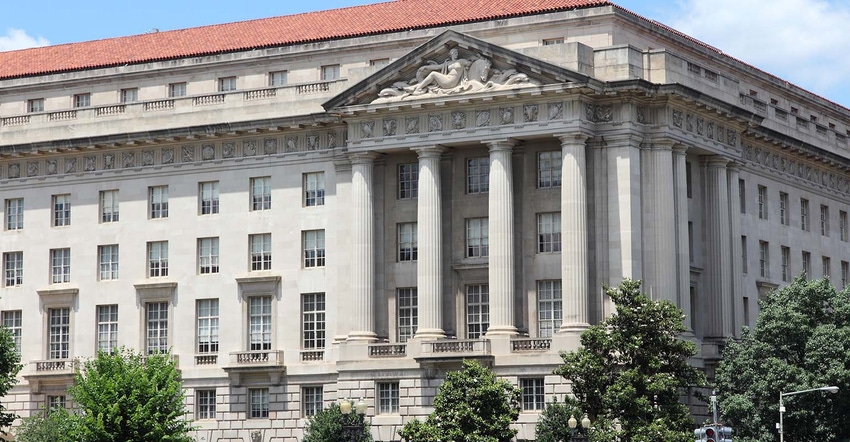March 16, 2020

The U.S. Environmental Protection Agency announced a new method for conducting biological evaluations under the Endangered Species Act to assure that pesticide registration review actions under the Federal Insecticide, Fungicide, and Rodenticide Act do not jeopardize endangered species.
“Responsible pesticide use is an essential tool for managing America’s farmland,” said EPA Administrator Andrew Wheeler. “EPA’s improved methodology will better protect and promote the recovery of endangered species while ensuring pesticide registration review decisions are conducted in a timely, transparent manner and are based on the best available science.”
ESA is a tool for ensuring the recovery and protection of the nation’s most vulnerable species and habitats.
EPA’s new “Revised Method for National Level Listed Species Biological Evaluations of Conventional Pesticides” (Revised Method) will protect and promote the recovery of endangered species while ensuring pesticide registration review decisions are conducted in a timely, transparent manner and based on the best available science. With this action, EPA is fulfilling its commitment under the 2018 Farm Bill to ensure that pesticides can continue to be used safely with minimal impacts to threatened and endangered species.
“The required review of crop protection chemicals under the Endangered Species Act is an issue that has frustrated America’s farmers, ranchers, and producers for far too long. Under President Trump’s leadership, we are cutting the red tape to unleash the full potential of American agriculture,” said U.S. Department of Agriculture Secretary Sonny Perdue.
“The Revised Method is an improved framework for Endangered Species Act pesticide consultations,” said U.S. Department of the Interior Secretary David Bernhardt. “By incorporating actual pesticide usage data into these assessments, they will be accurate and legally defensible. We look forward to working with the EPA to apply this framework and review public comment on the draft carbaryl and methomyl biological evaluations.”
The American Farm Bureau Federation and National Sorghum Producers, along with Republican members of Congress, embraced the news, according to Politico. Environmental organizations, on the other hand, are apprehensive about the decision.
The Center for Biological Diversity says the rules overlook many of the common ways protected species are harmed and killed by pesticides.
“This disgraceful new rule prioritizes the pesticide industry’s profits over the protection of America’s most endangered animals and plants,” said Lori Ann Burd, environmental health director at the Center for Biological Diversity. “It’s painfully clear that pesticides have a devastating effect on some of our most vulnerable species, and the Trump administration is intent on thwarting urgently needed protections.”
In conjunction with the announcement, EPA is also releasing for public comment draft BEs for the insecticides carbaryl and methomyl which were conducted using the final Revised Method. EPA will accept public comment on the draft BEs for 60 days following publication in the Federal Register. After carefully considering public comments, EPA will finalize the BEs. If the agency determines a pesticide may affect a listed species or its critical habitat, the agency will consult with the Fish and Wildlife Service and the National Marine Fisheries Service. The Services will then issue a biological opinion to determine if the population of a species would be adversely impacted and, if so, propose ways to reduce risks.
To view the draft BEs for carbaryl and methomyl, final Revised Method document and learn more about how EPA protects endangered species from pesticides, visit: https://www.epa.gov/endangered-species
About the Author(s)
You May Also Like




